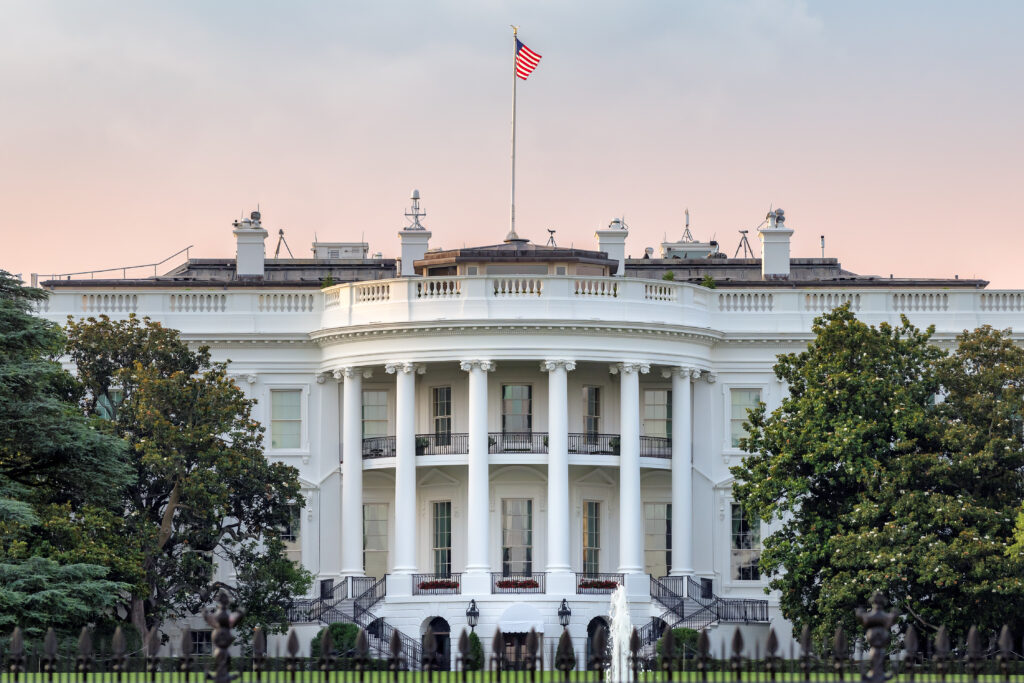The White House recently announced a comprehensive set of orders aimed at regulating the use of artificial intelligence (AI) across federal agencies. These directives emphasize strengthening AI safety and security, enhancing privacy, advancing equity and civil rights, and promoting innovation. By the set deadline of December 1, all federal agencies are mandated to implement significant safeguards, especially to ensure human oversight in AI’s application in sensitive areas like healthcare and fraud detection.
The initiative marks a significant step towards responsible AI use, requiring agencies to conduct thorough testing and monitoring of AI’s societal impacts, enhance transparency by releasing annual AI inventories, and establish AI governance structures. It also follows an executive order on facial recognition technology, highlighting ongoing concerns about AI’s ethical and legal implications.
Why it matters: The White House’s new AI policy underscores the balance between harnessing the potential of AI technologies and addressing the ethical, legal, and social challenges they pose.
- As part of the White House’s directives on AI policy, each federal agency is mandated to appoint a Chief AI Officer (CAIO) by May 27, 2024. The CAIO is responsible for guiding the development and enforcement of AI standards, practices, and ethics within the agency.
- This move not only encourages ethical AI practices but also strengthens public trust in how the federal government adopts and integrates AI into its operations, ensuring that the deployment of these technologies aligns with broader societal values.
- Requiring agencies to publish annual inventories of AI usage promotes transparency, allowing for public scrutiny and accountability in how AI technologies are deployed.
Go Deeper -> White House orders federal agencies to implement AI safeguards, councils – The Record
The White House issued new rules on how government can use AI. Here’s what they do – WLIW






